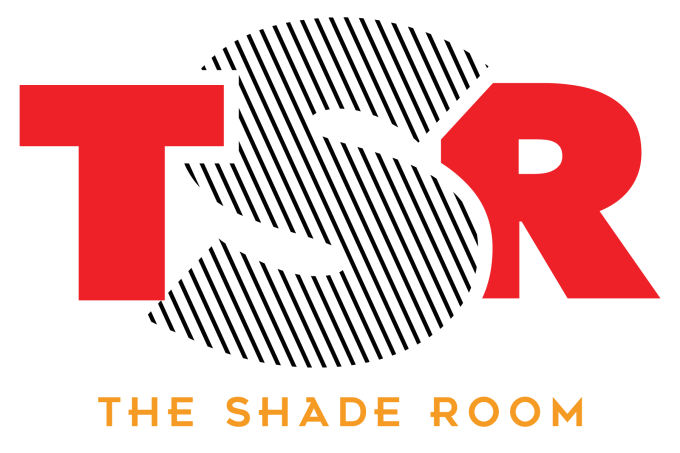
Roommates, a Catholic school in Nashville, Tennessee is not about to play games with an spirits, Chile! School administrators recently made the decision to remove ‘Harry Potter’ books from its shelves, and their explanation is certainly one for the books.
According to CNN, Rev. Dan Reehill, the pastor of St. Edward Catholic School, send an email to school staff explaining his reasoning for removing the books from the school’s library. He says the spells in the books are real.
“These books present magic as both good and evil, which is not true,” he says. “The curses and spells used in the books are actual curses and spells, which when read by a human being risk conjuring evil spirits into the presence of the person reading the texts.”
He goes on to say he consulted with exorcists before making his decision, who confirmed the validity of his thoughts.
Shortly after news of removal of the books began to surface, the school began to get what they call “undesired attention”. The Diocese’s Superintendent of Schools, Rebecca Hammel, then sent an email to school staff clarifying that there is no ban on ‘Harry Potter’ books, they are just not offered to be read in the school library.
Rebecca says the school is not enacting a ban on the books. She says the series was never part of the school’s curriculum, and students are still free to read them on school grounds.
She got son to say the decision to remove the books was part of a larger project of moving the library from one location to another, and she of the books were removed due to “age-appropriateness” or “poor circulation”.
“Over the years this series has received attention over its presentation of magic and witchcraft,” Rebecca writes.
Ultimately, the school says it is not discouraging children from engaging with the texts, it just will not provide the texts to be read.
“While the Catholic Church has expressed no formal position on the books and related movies, many voices in the Church, even at higher levels, have expressed that the subject matter may be appropriate when due consideration is given to the maturity of the reader. We leave these decisions to you are your children’s primary educator.”